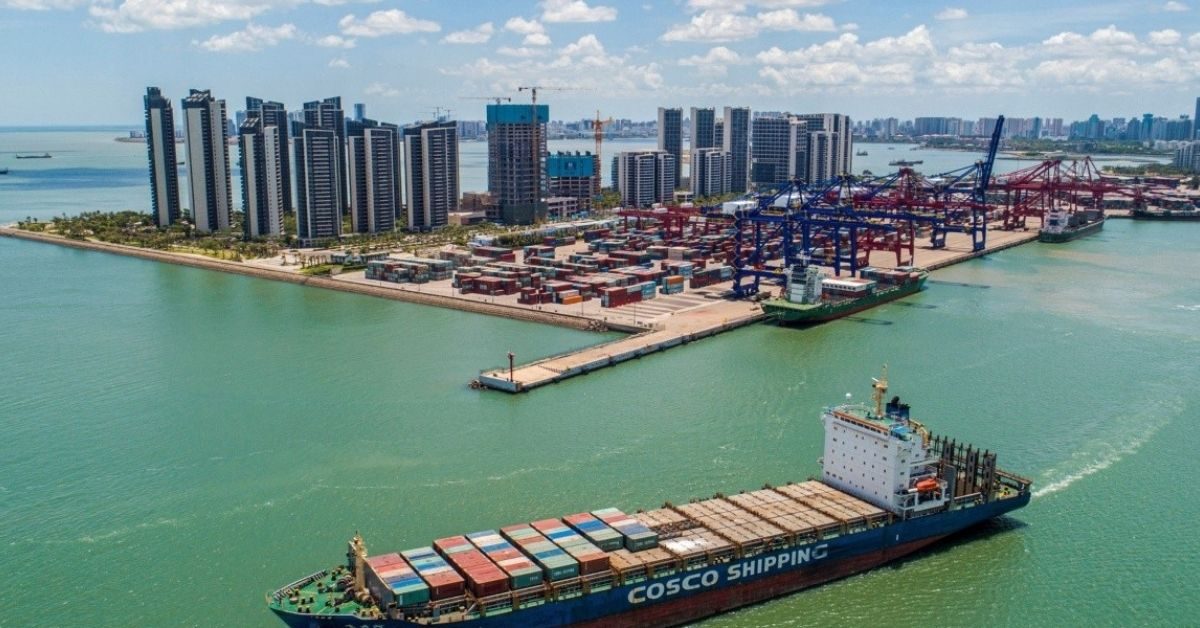East China’s Shandong Province, an economic powerhouse in the country, said during the annual “two sessions” held by the province that it is set to build a world-class ports cluster in 2023, expanding routes of ocean shipping, Xinhua News Agency reported on Sunday.
According to Xinhua, in 2023, the province will complete the third phase of automated terminal at Qingdao Qianwan Port as well as the second phase of 300,000-ton crude oil terminal in western Yantai Port.
Shandong Governor Zhou Naixiang said in a government work report that in 2022, the throughput of the province’s coastal ports reached 1.75 billion tons, ranking the first in the country. In 2021, Shandong coastal ports throughput ranked second in China, and the container volume exceeded 37 million TEUs last year, ranking third in the world.
Total Import and export volume exceeded 3 trillion yuan ($448 billion), with the actual use of foreign investment nearly doubling, the work report revealed.
Port shipments are known as the “barometer” of an economy. The rise of ranking of port throughput showed the active trade of Shandong as well as the vitality and resilience of the province’s economy.
As an international shipping hub in Northeast Asia, Qingdao Port added 28 new container routes in 2022, with international transshipment increasing 10 percent year-on-year. The volume of sea-rail intermodal transportation exceeded 1.9 million TEUs, maintaining its first place ranking for eight consecutive years.
Huo Gaoyuan, chairman of Shandong Port Group Co, said that the group will cultivate a modern shipping integrated service system, promoting the linkage of its four costal ports, in a bid to accelerate the construction of an international ocean shipping hub in Northeast Asia.
In 2023, the province will focus on the development of its local marine economy. Zhou noted that Shandong will improve regional integration of land and sea, cultivate high-end offshore equipment-making including oil and gas development as well as new energy.
In addition, Shandong is set to accelerate the development of high-tech ships, [industrial] parks and urban development, Zhou added.






